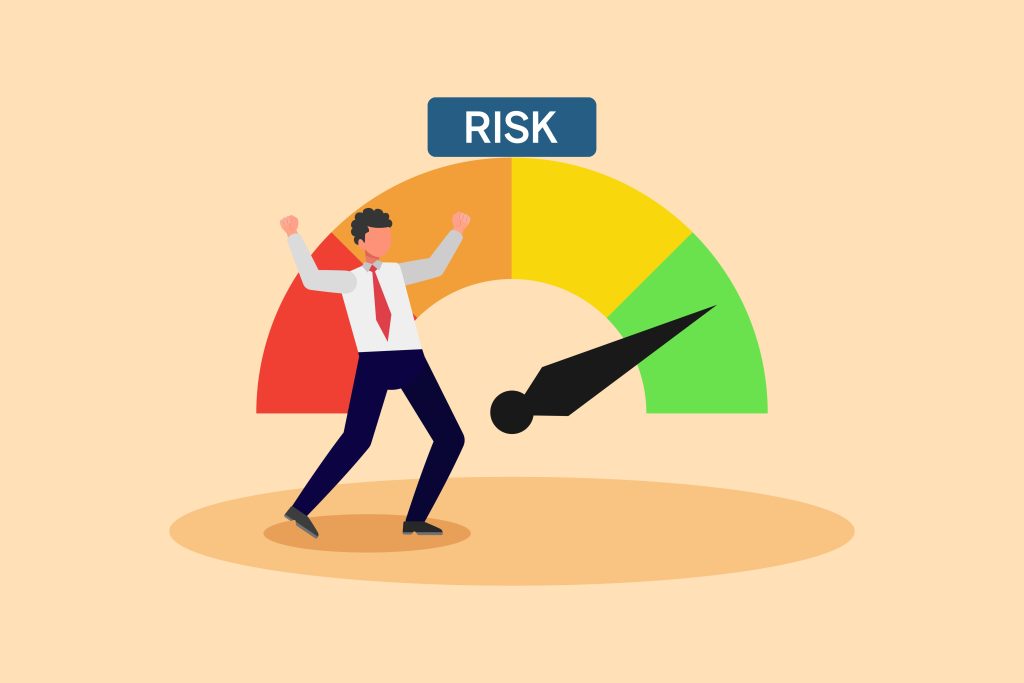Setting the Stage: Why ESG Risk Evaluation is Essential Before Every Deal
Environmental, Social, and Governance (ESG) factors are no more incidental in today’s investing landscape; they are critical to value creation and risk management. Investors, acquirers, and partners are increasingly analyzing the ESG performance as a part of “pre-deal” due diligence process. A data-driven approach to ESG due diligence not only increases transparency but also provides decision-makers with the knowledge they need to assess long-term sustainability, compliance, and strategic alignment.
Guarding the Future: The Critical Importance of Managing ESG Risks:
ESG risks, which may occur because of an organization’s environmental, social, or governance activities, have the potential to harm its financial performance, business continuity, or reputation. These hazards might vary from firm to firm based on the industry in which they operate and the kind of business activity they undertake. Understanding these risks through ESG data helps organizations, stakeholders, and investors drive better decisions. A 2023 KPMG survey in the U.S. found that 90% of investors in the U.S. have a top-notch ESG due diligence approach.
To manage ESG risks, businesses use a variety of tactics, including conducting extensive ESG risk assessments, ESG audits, creating ESG strategies, and finally implementing ESG concerns into decision-making processes and company procedures. It is also necessary to engage stakeholders for better understanding the problems and aspirations of the businesses. Companies that have implemented management system certification, execute policies and practices, as well as monitor and report continuously, as a part of the planning and auditing processes for specific management system standards or as part of an integrated management systems strategy.
Neglecting ESG issues might have far-reaching consequences for companies across industries. Here’s why ESG risk evaluations are crucial:
- Protecting Corporate Reputation:
A single ESG controversy, whether over pollution, labor practices, or governance failures, has the potential to damage public trust. Companies that recognize ESG risks ahead of time can reduce reputational damage by resolving potential issues before they escalate.
- Mitigating Financial Losses:
Unaddressed ESG risks can result in legal penalties, operational disruptions, and deteriorating asset prices, which are too expensive for some firms to handle. Businesses that use effective ESG risk management may foresee and mitigate financial hazards.
- Ensuring global regulatory compliance:
Global standards such as EU’s Corporate Sustainability Reporting Directive (CSRD) and ESG risk assessments assist organizations in keeping up with shifting legislative frameworks.
- Enhancing Investor Confidence:
Investors are increasingly valuing ESG measures in their decision-making. Strong ESG risk management can attract funding from sustainability-focused investment funds.
- Building Business Resilience:
A complete ESG risk assessment enables businesses to establish long-term resilience by anticipating market upheavals, supply chain disruptions, and climate-related difficulties.

From Chaos to Clarity: The Critical Role of ESG Data Management & How NeoImpact can Help Firms
ESG data management is critical in a corporate environment that is shifting toward a more inclusive and sustainable model. Now, it is even gaining traction in the private market landscape with regulations such as the Corporate Sustainability Reporting Disclosure (CSRD), the Sustainable Finance Disclosure Regulation (SFDR), and the UAE’s SCA requirements. The shift from shareholder capitalism to stakeholder capitalism means that not only investors, but also employees and consumers are demanding environmentally-friendly company practices. Data-driven due diligence builds credibility and improves a company’s public reputation boosting stakeholder confidence and leading to funding opportunities.
Mastering ESG Risk Evaluation: Proven Practices for Strategic Due Diligence
At NeoImpact we prepare firms to start their ESG journey early in the deal cycle to enable time for thorough investigation:
- We assist in creating a standardized ESG checklist that is consistent with worldwide frameworks (such as TCFD, SASB, and GRI).
- We help firms collaborate with cross-functional teams, including legal, compliance, sustainability, and finance.
- We assist firms conduct interviews and site visits to check data and discover previously undisclosed issues.
- To better comprehend the potential cost consequences, NeoImpact helps ESG integration into financial modeling.
Conclusion: ESG as a Strategic Filter
Evaluating ESG risks prior to the transaction is more than just avoiding mistakes; it is also about recognizing possibilities to create long-term value. As ESG continues to affect capital markets, the capacity to identify, comprehend, and act on ESG insights will be critical to future deal success. A data-driven ESG due diligence approach enables investors and acquirers to make more informed and responsible choices and NeoImpact’s ESG Intelligence platform plays a pivotal role in this transformation.
